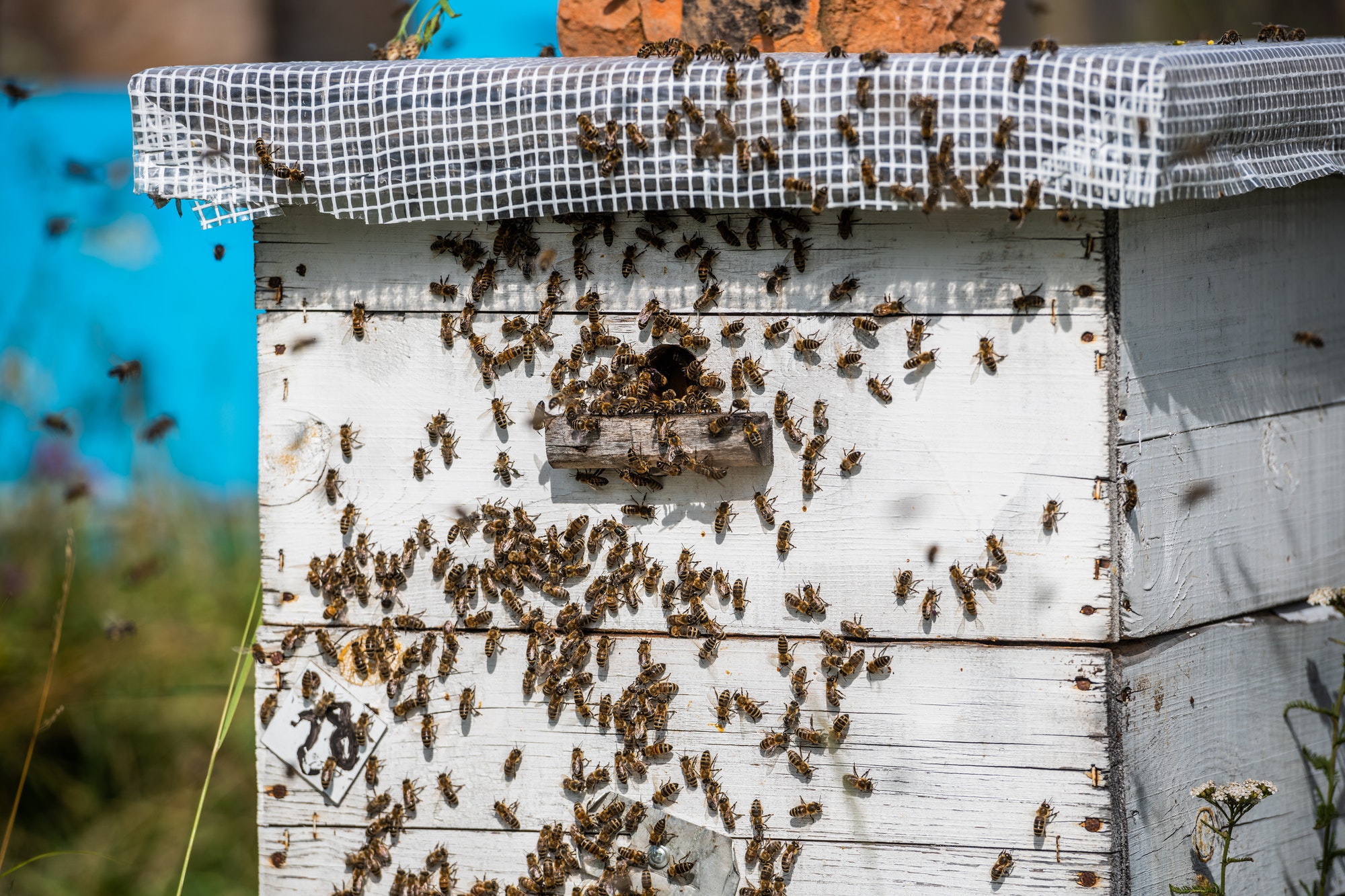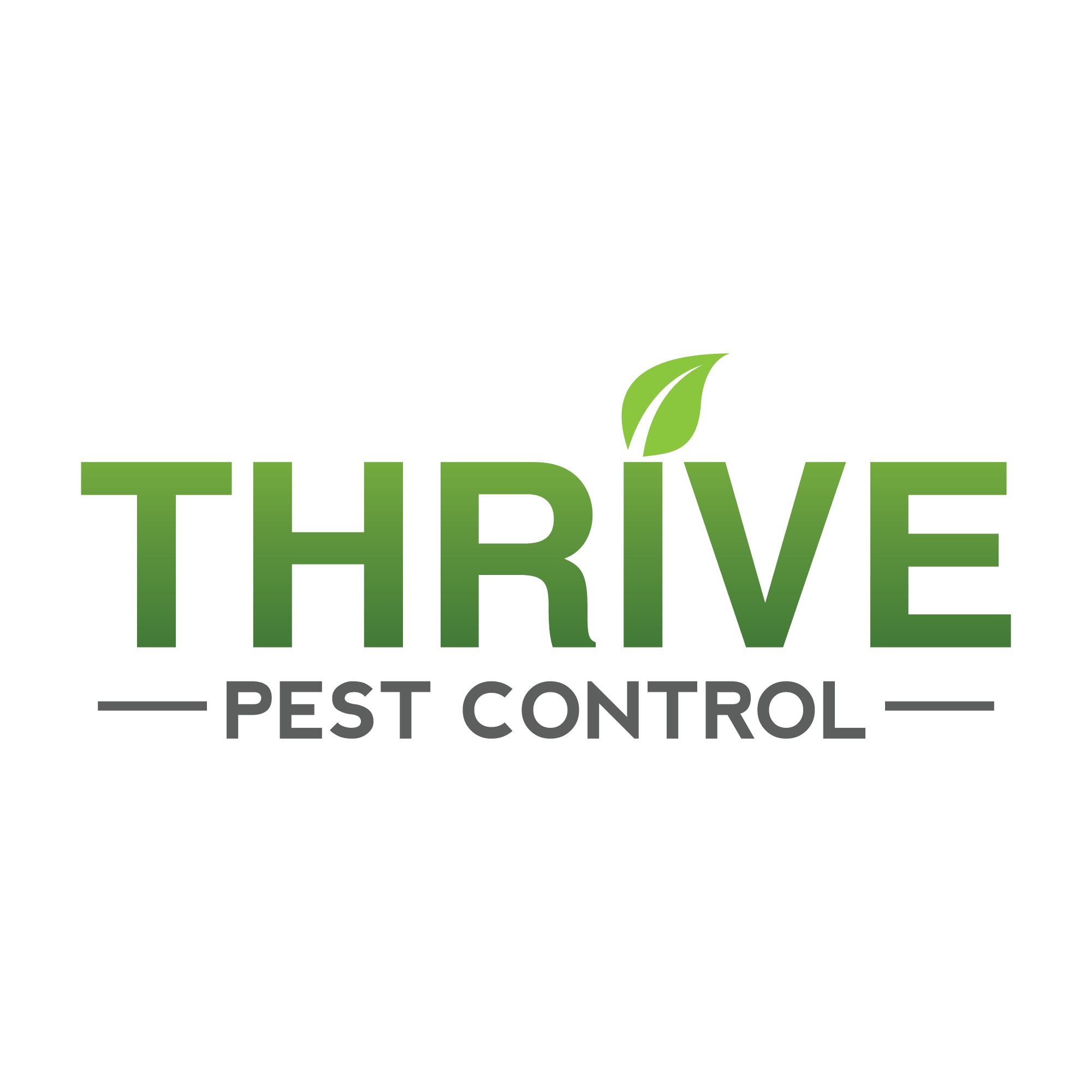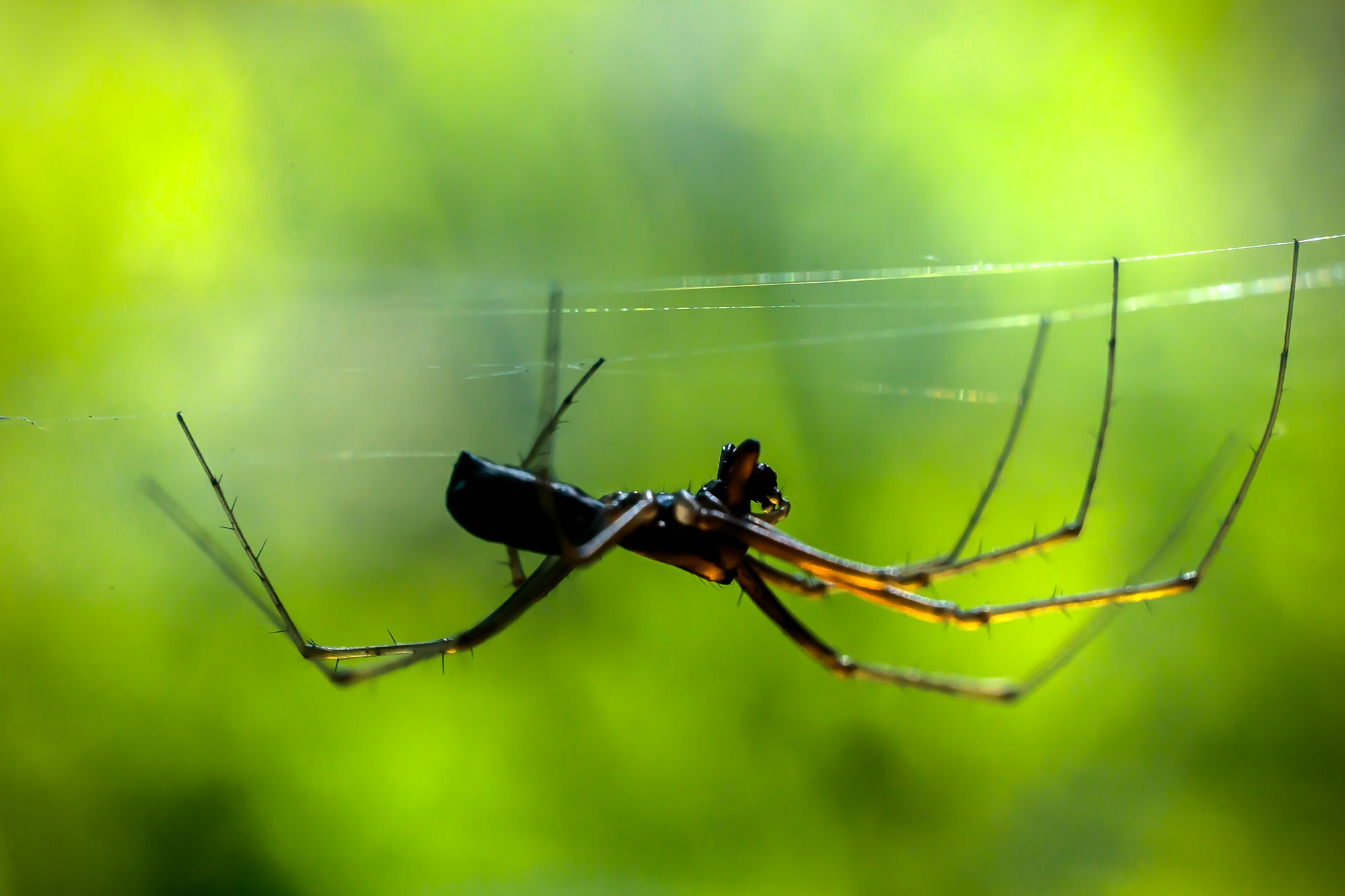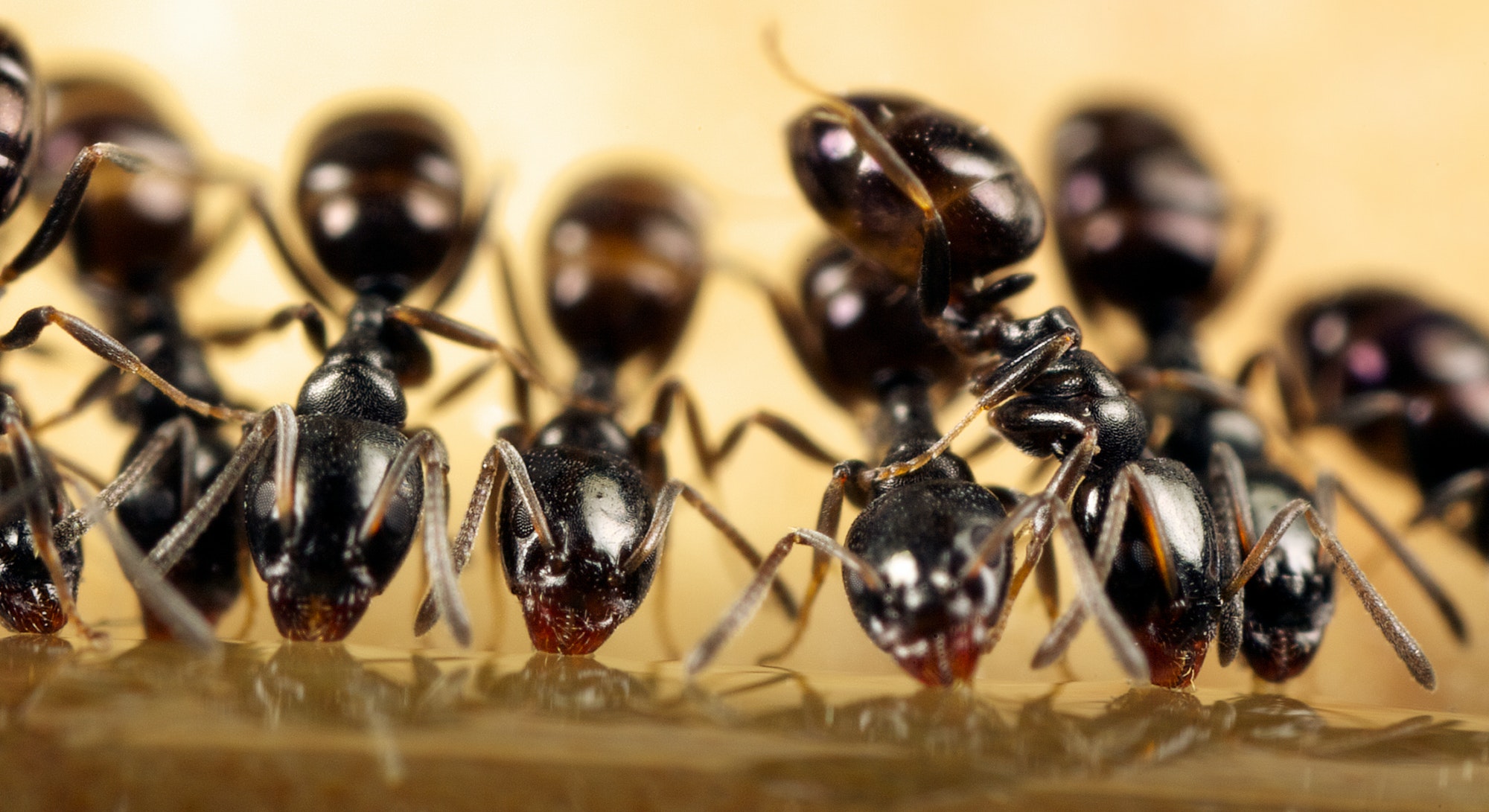Why Bees Are Important For The Ecosystem?
An ecosystem is composed of living organisms interacting with their physical environment. This is a flexible definition; it can be focused down onto a single area with its plants and animals or expanded to include the entire planet. Any ecosystem has several factors that determine their health, this includes genetic diversity. Among the different flora found in any environment, flowering plants are in the mix. Pollen can be found in the interior of blooming flowers. They will usually grow separate male and female flowers that require a transfer of pollen in order to reproduce. This is known as pollination.
For many plants, pollination is a necessary step in reproduction. This is where bees enter the picture. Bees foster a community within their hive and part of this system includes worker bees collecting pollen. As these worker bees collect pollen, they transfer stray particles onto different flowers allowing for pollination to occur. Bees are a valuable part of any ecosystem because they support plant diversity and support a stable ecosystem.
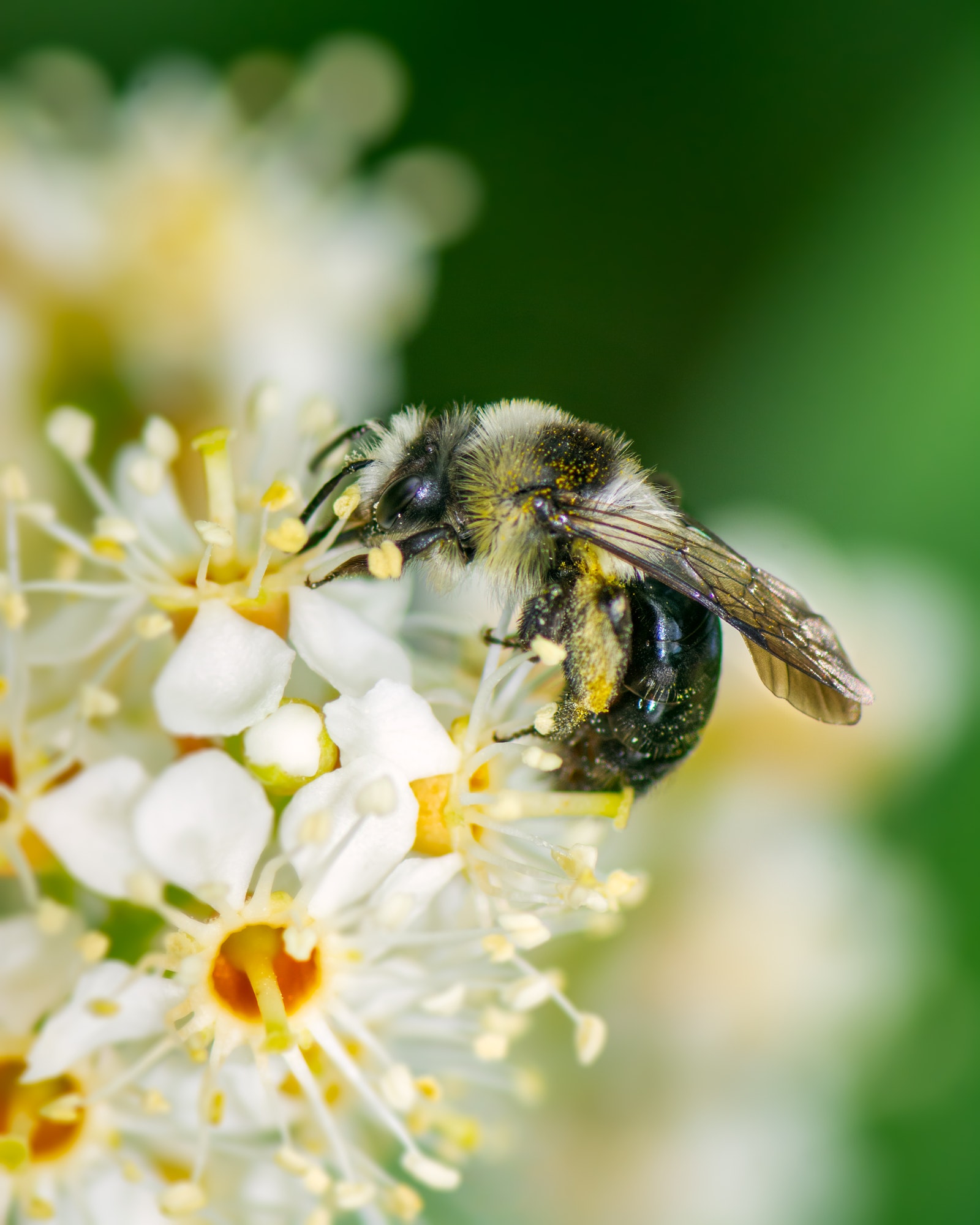
The process of pollination, done by bees, increases genetic diversity in a plant’s offspring as well as maintains the diversity of the ecosystem. This pollen collection, done for a bee’s survival, sustains several other organisms. Genetic diversity is an important factor for all living things. More diverse organisms can better withstand hardship. If something new is introduced, that entire environment will be able to adapt and move beyond the new addition. Bees also pollinate food sources for birds and other animals. Berries and nuts that are not used for human consumption could be a primary food source for another species.
When these niches in the food chain are nourished the rest of the system stays strong. In a similar manner of bees affecting the lives of birds and ever larger animals, another example can be seen in aquatic ecosystems; the reliance kelp has on the sea otter population. Kelp is an underwater plant that supports its own underwater ecosystem. It is home to different species living inside of it.
Sea otters will consume the urchins and keep kelp populations flourishing. If otters were removed from this environment, the urchin population would grow out of control and consume all the kelp in that area. Without the kelp, the marine life using it as shelter would be homeless and lead to a loss of diversity.
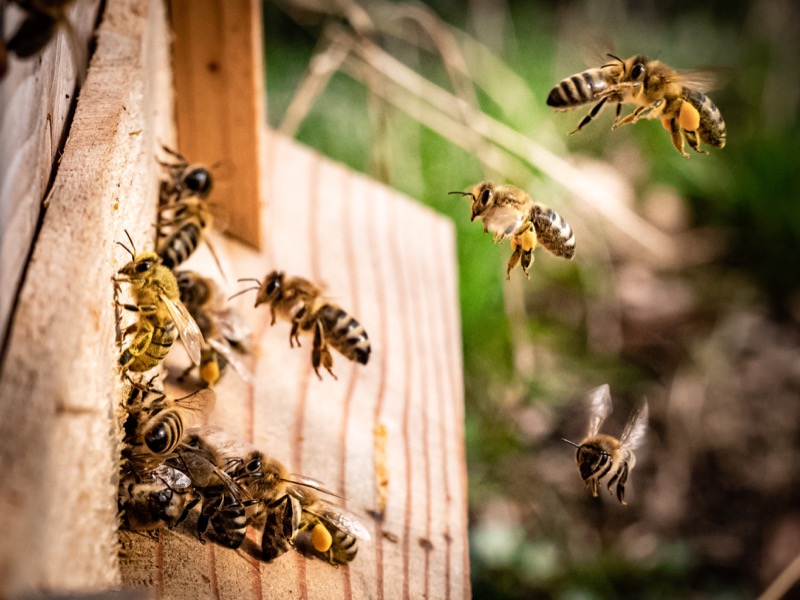
This is similar to what would happen if bees were removed from an ecosystem. Animals at the bottom of the food chain that rely on a variety of plants will shrink in numbers, causing a ripple effect all the way to the top predators. That whole ecosystem would be weakened thus demonstrating the value of bees and their role as pollinators. Without the existence of bees, many plants would die off leaving the world less diverse and more susceptible to disease.
While we can argue for bees creating and sustaining a stable ecosystem, the natural relationship between pollinators and plants has been exploited by humans in favor of productivity. For example, humans have cultivated bee hives and shipped them across the US to pollinate a variety of farms. This industrialization of bee hives, as well as other advancements in farming, have created a food surplus. With food surplus comes an increase in human population on a global scale.
Humans have taken advantage of the pollinator-plant relationship to increase its by-products: wax, honey, fruits, nuts, and vegetables. We have stretched this manipulation to allow for immense population growth. As the human race continues to grow, we threaten our planet’s natural balance. All species have a carrying capacity in their living region. For humans, we continue to push our carrying capacity on planet Earth. Food and housing shortages as well as lack of employment are some of the many things becoming more and more common.
Bees require our respect. We rely on them to maintain balanced ecosystems and to provide us with food. We must remember that this relationship between humans and pollinators must be two-sided. As humans, we will continue to innovate, explore, and question all manner of different things. But at the same time we need to reexamine our past as well, this includes our use of all manners of natural resources. We need to push for sustainability and higher responsibility for our actions and their resulting consequences. Otherwise, we will be unable to deal with the problems a growing human population will bring. As days turn into years we need to look into the future, rather than be rooted in the seconds of each day. Otherwise, there will be no pleasant tomorrow to look forward to.
